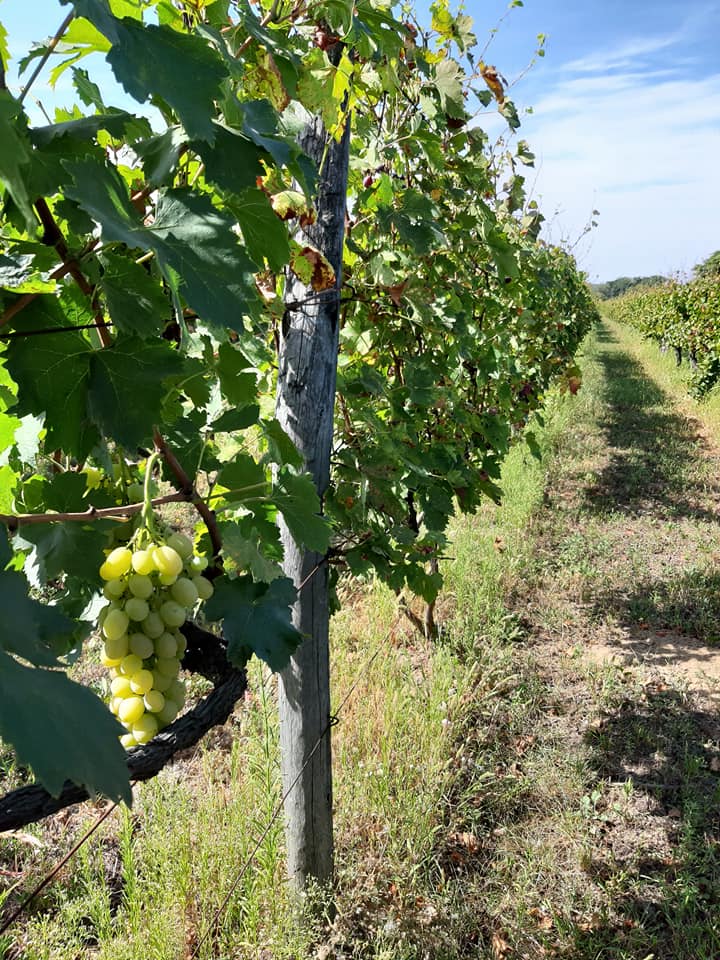Dunavijada is a catchy acronym produced by teachers and pupils of primary school Julija Benešića in Ilok when entering the DANUrB+ educational program. Ilok is a far-east Croatian city on the Danube with rich history and connection to the river. This was an event which took several months of preparation and was executed with the participation of all pupils, and teachers of the school on March 1, 2022. This example can be helpful for those who wish to engage all stakeholders related to the school (principals, teachers, other school employees) and also engage other community stakeholders and members (in our case: parents, grandparents, local radio station and local history museum).
This activity aimed to raise awareness among young generations about the rich history and connection to the Danube of the city of Ilok and to think about prospective future how these cultural treasures can be utilised for the future. Also, the main goal is to provide teachers with the educational tools and know-how to conduct the DANUrB+ educational program.
A great example is just one workshop in Dunavijada (among 15), about the history of watermills which created an exciting example of how the past can be connected to the present.
The first step was a meeting with the teachers for the planning of the educational program. This took us a month because we wanted to include a high number of interested teachers in creating the program, which also engages pupils in the process. After this, a detailed plan was made, and teachers started to prepare for the implementation. In the example of the watermill workshop, the group first did the historical research, visited a local museum, made a model of a small watermill, thought about how to revive this historical landmark and presented their findings to the whole community on March 1. 2022.
In the process, we used some examples of previous DANUrB+ activities and portfolios related to work with educational activities. This was our starting point and showcase for the teachers to generate their ideas for the local community.
It is impressive to witness what can be done when teachers and pupils are committed and highly motivated to the idea of the DANUrB+ educational program. One of the motivating factors was that we worked within a network of 5 schools in Croatia and that the educational program is implemented in 6 countries. In the long run, we would need to develop a more structured approach to the educational program in the form of a curriculum for schools next to the Danube. This and other examples can be utilized for the future creation of this document.


